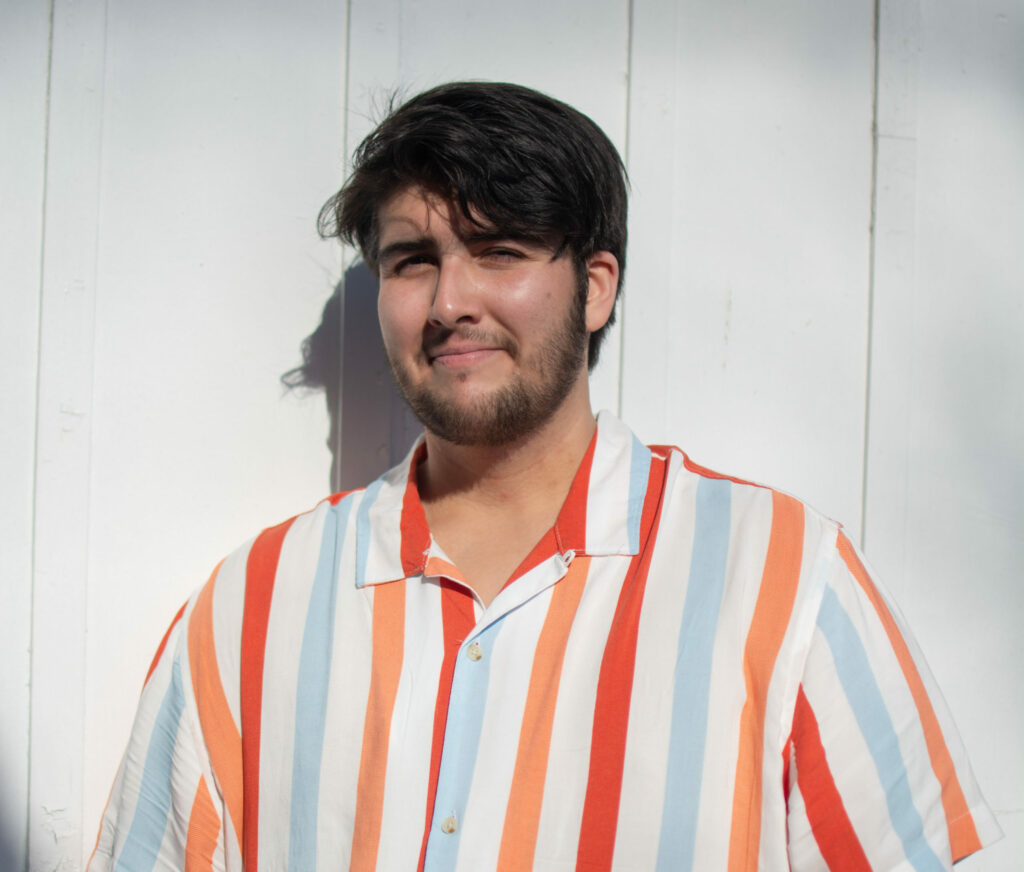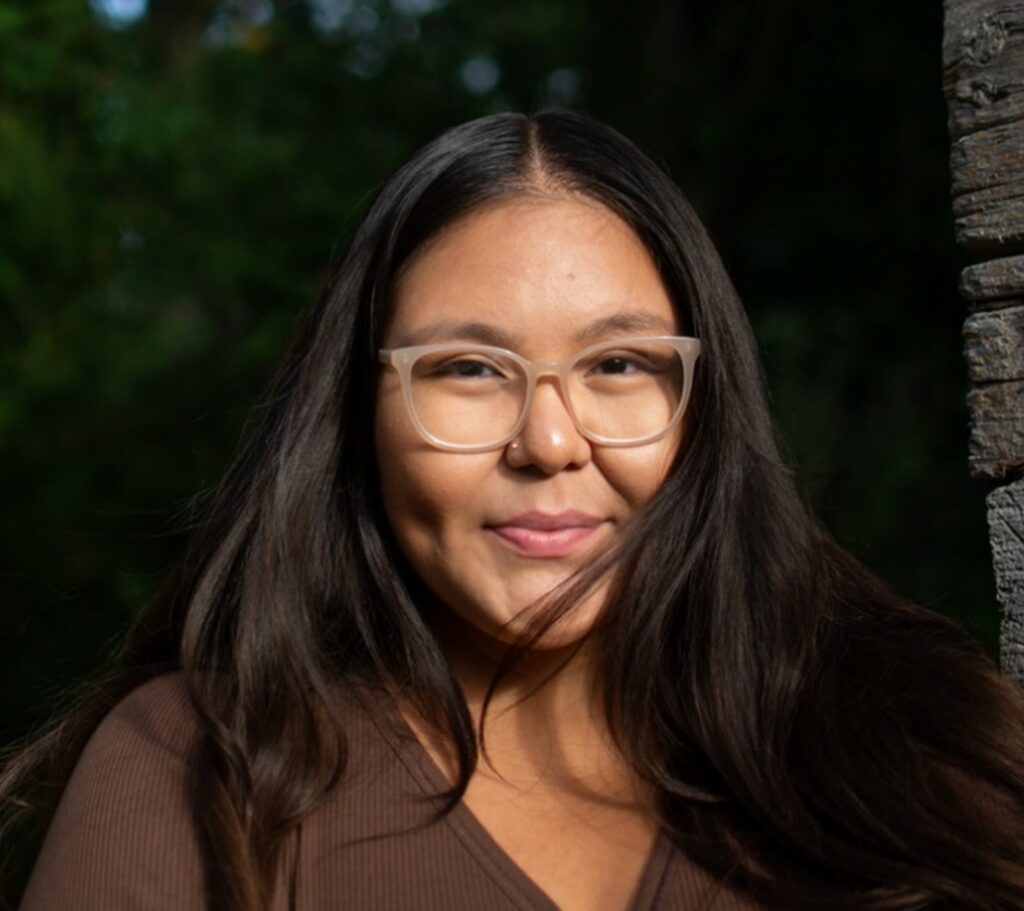[tta_listen_btn listen_text="Click to listen to this story" pause_text="Pause" resume_text="Resume" replay_text="Replay" start_text="Start" stop_text="Stop"]
National Indigenous History Month and National Indigenous Peoples Day are times of celebration and reflection. The month signifies the opportunity to welcome learning as well as come together to build connections between Indigenous and non-Indigenous people.
Each year on June 21, the cultural richness and contributions of First Nations, Inuit and Métis people are celebrated. In the spirit of reflection, two Indigenous students who are a part of the York University community have shared what Indigenous History Month and National Indigenous Peoples Day means to them.
Leo Manning
Manning is a third-year psychology student who is Plains Cree on his father's side, from Saddle Lake Cree Nation, and English, Irish and Scottish on his mother's side. Manning is also the student success mentor at the Centre for Indigenous Student Services.

National Indigenous Peoples Day can be a day to celebrate Indigenous Peoples and their culture; however, the significance to me is more about acknowledging the work that still needs to be done so that healing can take place
For example, it is important to reflect on measurable actions and transparency in progress being made. Notably, initiatives like the Truth & Reconciliation Commission of Canada's Calls to Action must be followed through with, including inquiries into Missing, Murdered Women, Girls, Men, Boys and Two-Spirit folks – especially given that a 2023 report by the Yellowhead Institute, titled “Calls to Action Accountability: A 2023 Status Update on Reconciliation,” showed that last year none of the Calls to Action were completed. This is the work that still needs to be done.
While National Indigenous Peoples Day is complicated for me due to personal reasons, it can allow time to see family and friends and celebrate each other. It can also be positive in the way that non-Indigenous folks and allies can learn more about Indigenous Peoples and culture in a good way, while also respectfully learning about the work that needs to be done and how they can help.
Rainingbird Daniels
Daniels is a third-year psychology student who is proudly Plains Cree, Sioux and Dakota from Sturgeon Lake First Nation located on Treaty 6 territory in Saskatchewan.

Although I am very conflicted by National Indigenous Peoples Day – it gives me a sense of anger, happiness and unsettling emotions – I am very happy and proud to have a national day to recognize Indigenous people, as we deserve the recognition.
I do hope that by having this national day, it can help properly educate people and newcomers about our Indigenous history on our lands and to learn to live in harmony with each other. For example, I think people can become involved and educate themselves by attending open events hosted by Indigenous people/organizations, watch historical Indigenous movies and researching the history of Canada.
I’ve never celebrated National Indigenous Peoples Day nor done anything special on this day since it was given to us. I know many other Indigenous people have many ways to celebrate the day and to embrace it. But, personally, for myself as an Indigenous person, it has never been a significant day. This year, I will be celebrating my first National Indigenous Peoples Day by hosting a Drum Social as president of the Indigenous Students' Association at York.
